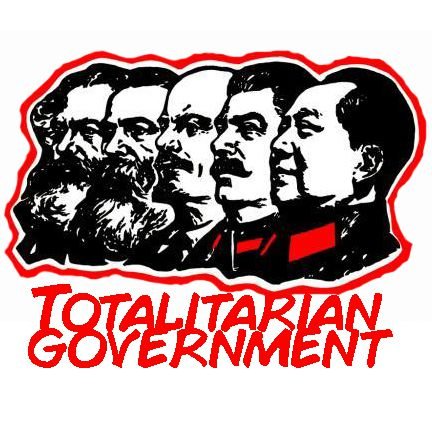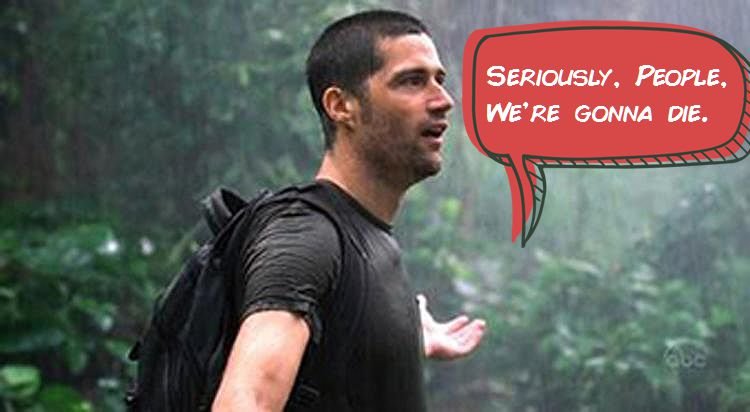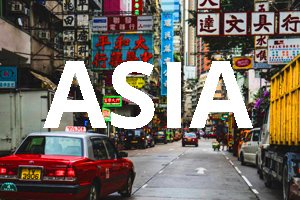Is a Totalitarian Government Good for the World?

There has been a massive shift in the dynamics of the foreign policy of the Philippines. Leaning towards China and Russia, a surge of anti-U.S. sentiments have sprouted and are initiated by no less than the president of this island nation. Looking for better ways to advance the quality of life, the Philippine government is seeking mutual benefit deals with neighbouring nations to develop infrastructure and eventually boost economic significance. This is because sovereignty doesn’t only equate to subjective freedom, but it also means we are responsible for taking care of ourselves. Hence, what would it be like if we weren’t? What would it be like for everyone if we have a totalitarian government instead?
Sure the idea of having a dictator or a single entity deciding for the welfare of millions of people doesn’t really sound appealing to people who prefer to exercise their absolute freedom in their respective countries. I, too, think that it isn’t wise to entrust my entire well-being to an individual, particularly if he or she is drastically flawed. However, let’s look at this the other way:
 A totalitarian government is not a new concept, mind you. Ancient Chinese, Greeks, and Egyptians have believed in this notion for governance for thousands of years. A single government would mean that borders will be relaxed which as a traveler, I strongly believe they should. We all live in the same planet, and the borders that we have made for ourselves are imaginary in a sense that if there’s a calamity in another part of the world, it doesn’t mean we aren’t affected. These phenomena create ripples, and we should be constantly wary of everyone as their state directly affects us in the long run.
A totalitarian government is not a new concept, mind you. Ancient Chinese, Greeks, and Egyptians have believed in this notion for governance for thousands of years. A single government would mean that borders will be relaxed which as a traveler, I strongly believe they should. We all live in the same planet, and the borders that we have made for ourselves are imaginary in a sense that if there’s a calamity in another part of the world, it doesn’t mean we aren’t affected. These phenomena create ripples, and we should be constantly wary of everyone as their state directly affects us in the long run.
 For instance, a few months ago, smoke pollution from wildfire in Malaysia caused a dangerous increase in smog in Singapore. These are two different countries sharing the effects of an occurrence that has happened in one place. We need to take care of all the parts of the world – not just ours. This realisation is of the utmost importance for everyone as we’re running out of time. We are slowly destroying our natural resources in exchange for industrial development and improvement of quality of life in limited territories.
For instance, a few months ago, smoke pollution from wildfire in Malaysia caused a dangerous increase in smog in Singapore. These are two different countries sharing the effects of an occurrence that has happened in one place. We need to take care of all the parts of the world – not just ours. This realisation is of the utmost importance for everyone as we’re running out of time. We are slowly destroying our natural resources in exchange for industrial development and improvement of quality of life in limited territories.
Since the imbalances in international governance has led to varying quality of living in disparate countries, pushing for universal enhancement is a stretch for some countries. Of course, developing countries like mine would benefit from an equally decent quality of life. However, well-developed countries see this as a threat on their economic development, a decline in tourism, and a debility of their currency – something they’ve worked hard to achieve (Let’s give them that.)
However, in the end, it doesn’t even matter. Should we neglect to help out smaller nations to develop, they will be left without a stable system of administration. There will be pollution, international conflict, a traffic depletion of the earth’s natural resources, and eventually, our demise. Seriously, it’s like what Jack says on Lost, “Live together, die alone.” If we don’t do something soon, we’re all going to die in a poignantly depressing way instead of preserving our species.

There is nothing wrong with nationalism. I support the sentiment behind it. However, if this impedes with the greater good, shouldn’t we be rational and think about the big picture here?
Albert Einstein once wrote,

The union of certain countries and states like the United Nations, USA, UK, etc. is not enough to preserve our kind. We are all citizens of the world. It is about damn time that we stop thinking about ourselves and pursue the common good.
 Previous Post
Previous Post Next Post
Next Post








